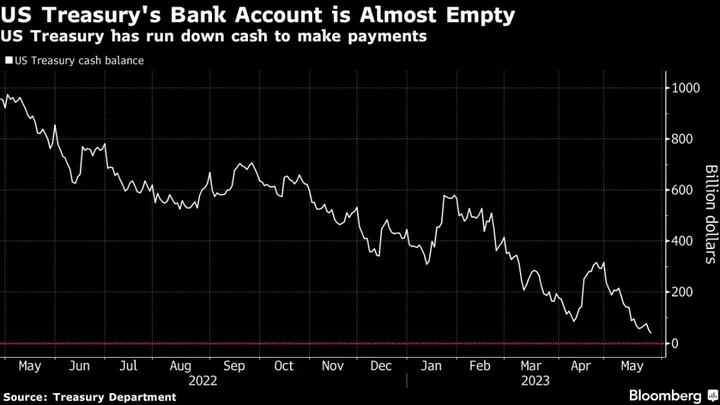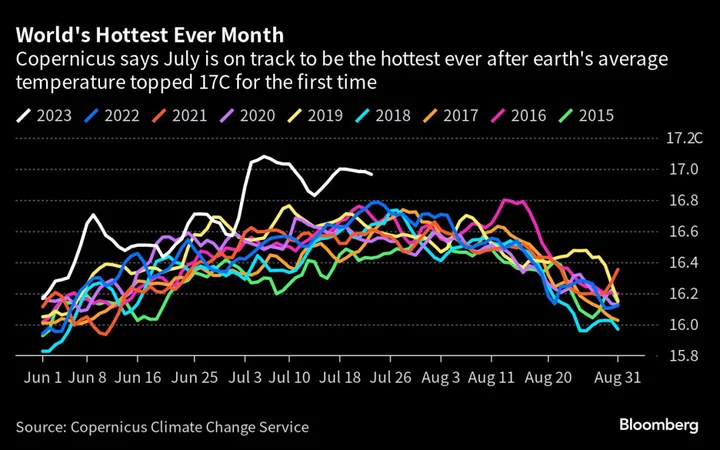The lending arm of Toyota Motor Corp. will pay $60 million to settle allegations by a US regulator that it misled customers into buying extra products that boosted their payments and then gave them a runaround when they tried to cancel.
Toyota Motor Credit Corp. allegedly lied about whether the extras were mandatory or rushed through paperwork to hide them, according to a Monday statement by the Consumer Financial Protection Bureau. Toyota unreasonably hindered customers who tried to cancel, and if they succeeded, it withheld refunds by applying the sum to the loan’s principal, the CFPB said. The lender sometimes also falsely reported payment information to credit agencies, the agency said.
The unit will pay $48 million to consumers and $12 million to a victims’ relief fund.
“Toyota’s lending arm illegally withheld refunds, made borrowers run through obstacle courses to cancel unwanted services, and tarnished their credit reports,” CFPB Director Rohit Chopra said in the statement. “Given the growing burdens of auto loan payments on Americans, we will continue to pursue large auto lenders that cheat their customers.”
Read more: Wall Street Makes Millions Selling Car Loans Customers Can’t Pay
In a separate statement, Toyota Motor Credit said it didn’t admit any wrongdoing but agreed to the CFPB consent order “to fulfill our commitment to continually provide ever-better service to our customers. In most instances, TMCC has already addressed the areas of concern cited by the Bureau.”
The CFPB claimed the lender directed consumers seeking to cancel add-on products, such as Guaranteed Asset Protection insurance, to a “dead-end” hotline. Representatives “were instructed to keep promoting the products until a consumer had verbally requested to cancel three times, at which point the representatives would tell the consumer that it was only possible to cancel by submitting a written request,” according to the CFPB.
Similar to the finance arms of other large automakers, Toyota regularly packages some of its auto loans and leases into bonds known as asset-backed securities. Earlier this month it issued a $1.6 billion asset-backed security, its fourth so far this year backed by auto loans, according to data compiled by Bloomberg.
--With assistance from Scott Carpenter.









